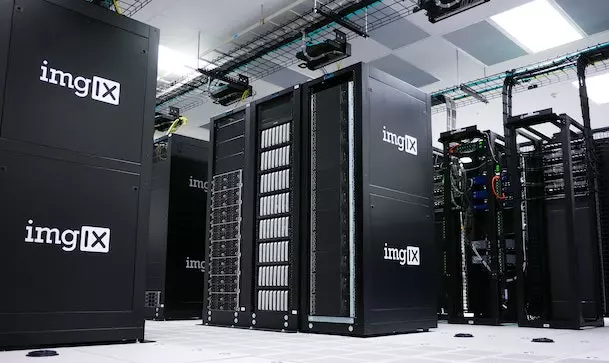With the way our world works today, we should know how to take care of our data. Whether it’s business or personal, protecting one’s information is a priority.
Brands and businesses rely on facts and figures. From knowing one’s audience, collecting email addresses, and taking photos to share on our social media, there needs to be a central location where you can store all this information.
Even small businesses should have the ability to store collected data from new and loyal consumers.

What is Data Storage?
The constant engagement on social media, email marketing campaigns, and website traffic ramp up file collection. You need an accessible and secure place to store your data.
Data storage means several ways to save information that’s easily accessed when needed. Times have changed when it comes to storage technology. We’re now used to seeing solid state drives or external hard drives than mainframe computers.

Why is Data Storage Important?
It’s natural for businesses, big or small, to collect and gather information. But writing them down on post its or notebooks upon notebooks is as tedious as it sounds. As a business owner,
Data is essential for businesses to make decisions regarding consumer engagement, marketing campaigns, and product development. To effectively use all the information you’ve gathered, you should have a user-friendly system in place to access your files without compromising your customers’ records.

3 Types of Data Storage
Cloud Storage
Small businesses with a limited budget don’t need to invest in pricey hardware. Data storage for small business can use cloud service providers like Microsoft Azure, Amazon Web Service, IBM Cloud, or Google Cloud Platform.
Migrating your entire data to cloud providers offer versatility and benefits like easy access to shareable information among team members, especially in an era where working from home is becoming an essential factor for many companies and employees.
Colocation
This may sound foreign to some startup companies. But simply put, colocation is like hotels for your information. As a business owner, you physically rent out equipment and space at a facility. Colocation providers offer cooling, on-site security, bandwidth, and power.
Some benefits include tighter security protocols, on-site support services, and more affordable than building your own data center.
On-Premises
This is a more straightforward method. As the name suggests, on-premises means businesses own and manage their own servers. It can be a room, an office, or a closet (depending on the servers’ size).
What this all means is that the business owner is responsible for constructing and supervising the infrastructure. This offers any business control over its data and network.
What is the Best Way to Store Data?
The answer to this question lies with the business owner. Whether it’s cloud storage, colocation, or on-premises, it’s up to the business owner to answer this question. What does your small business need? It can be one or a combination of any of the three kinds of data storage.
How do you store your data?













Leave a Comment
Comments (0)